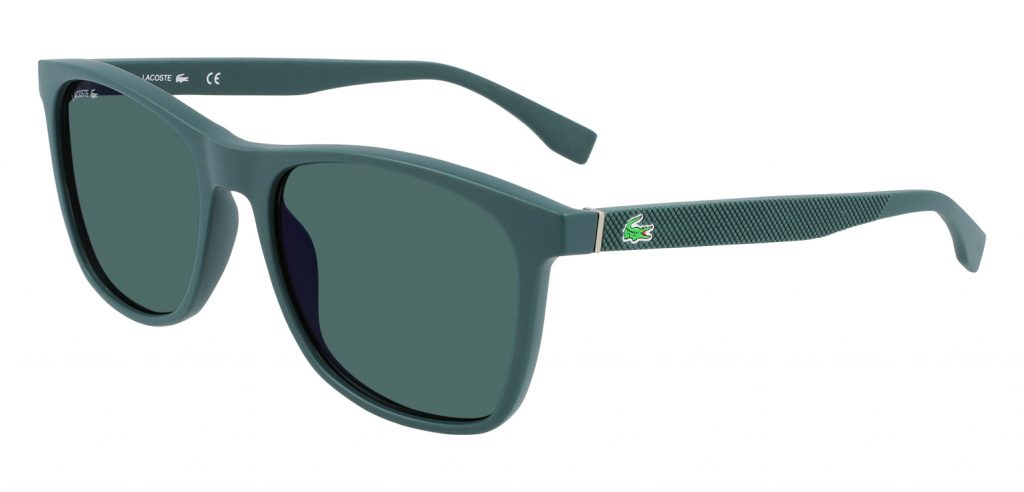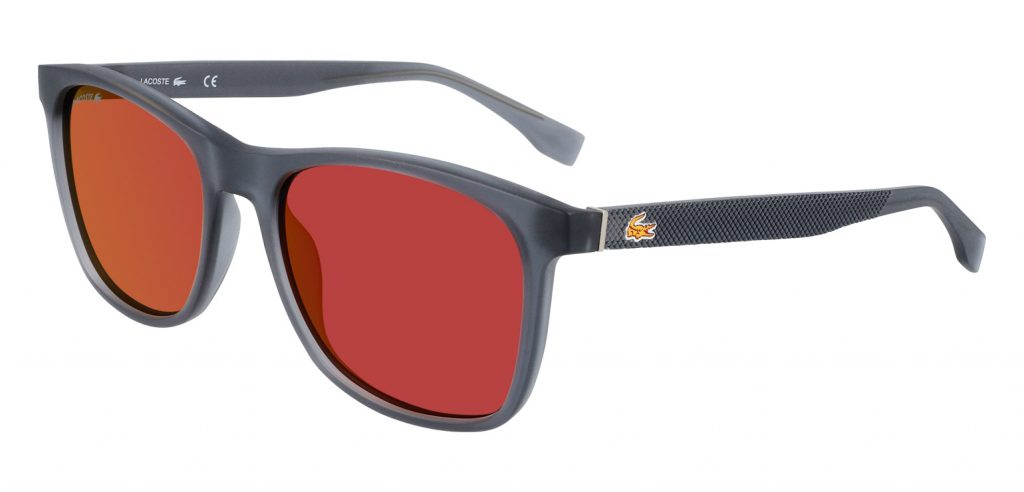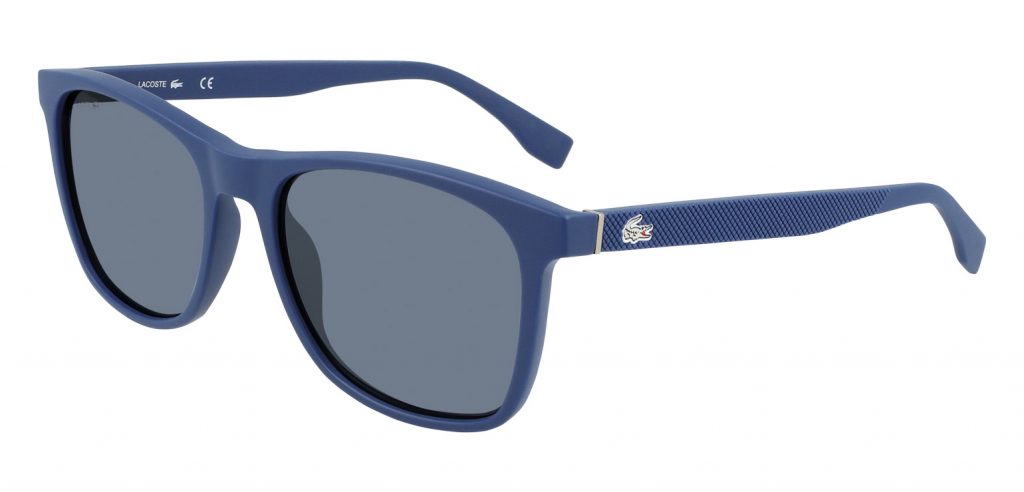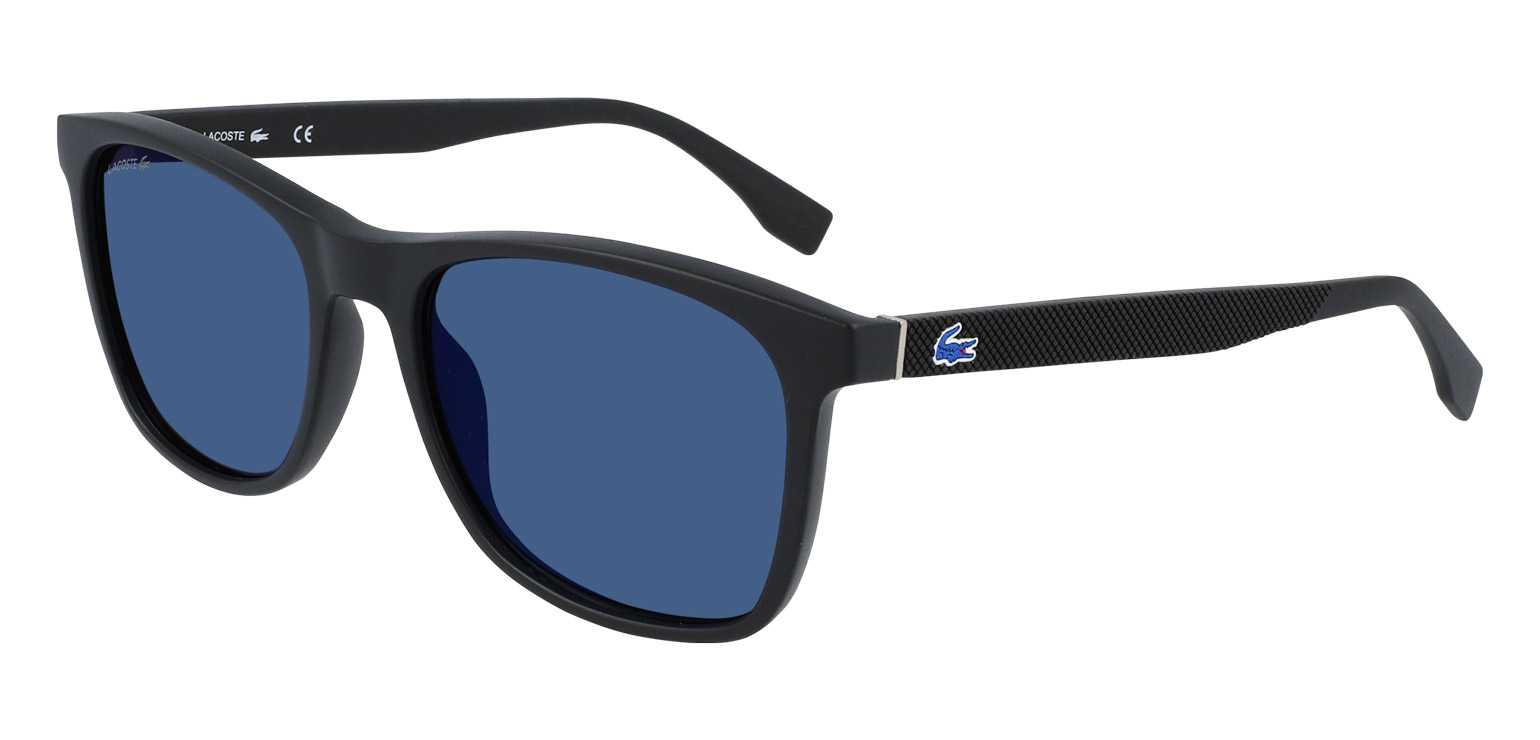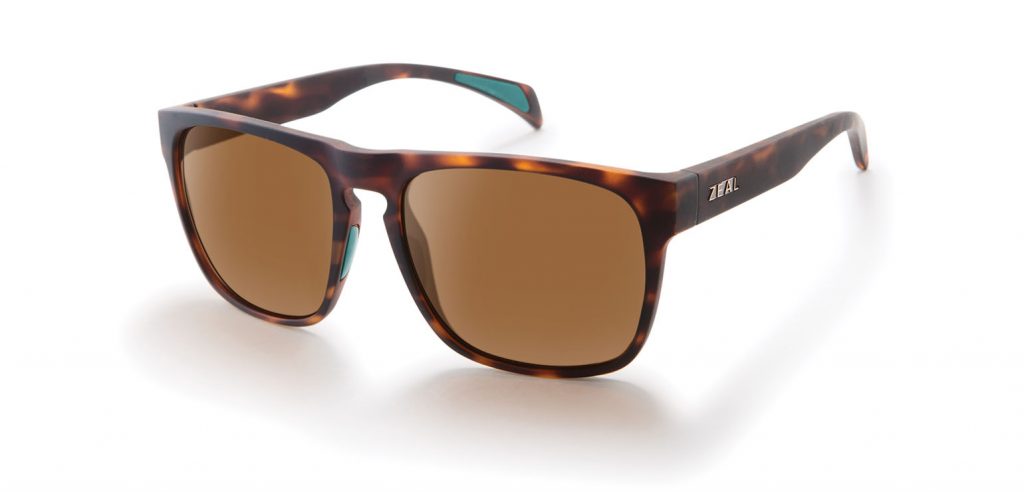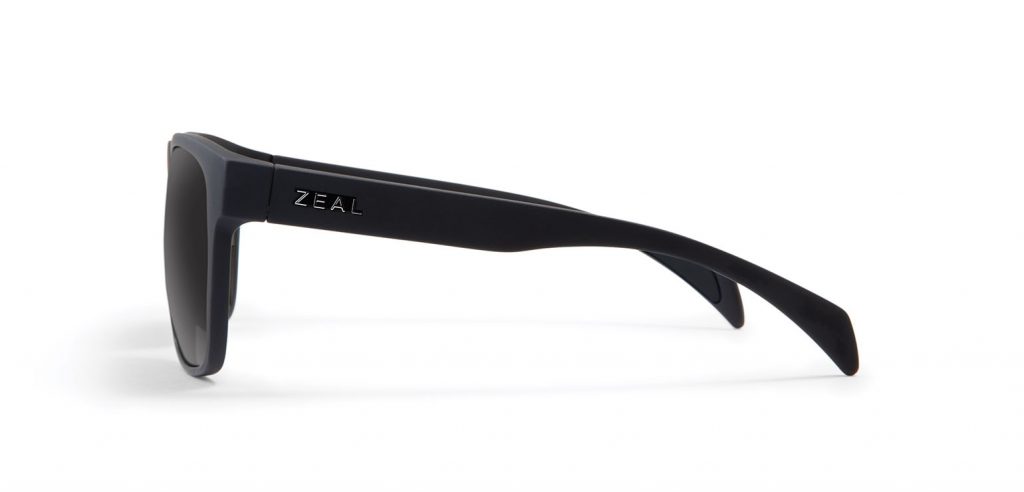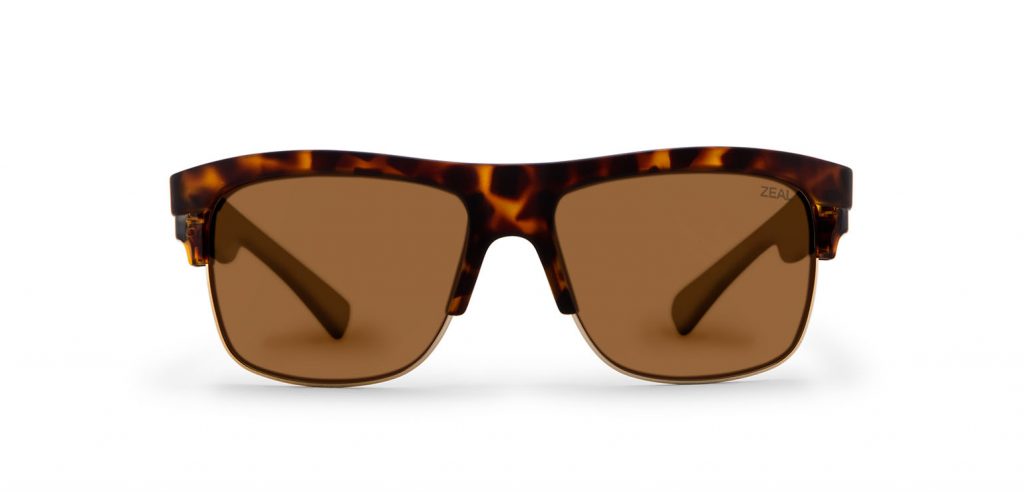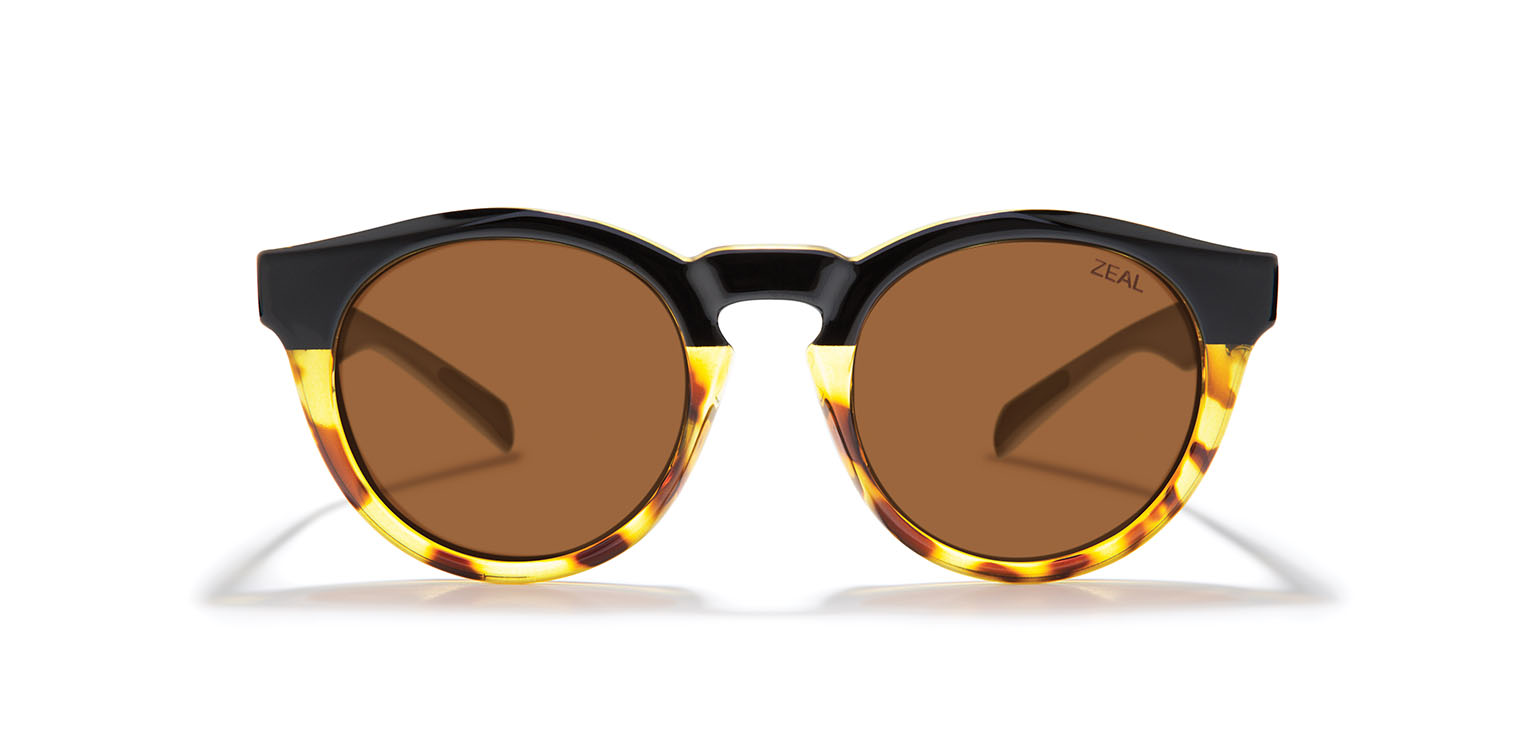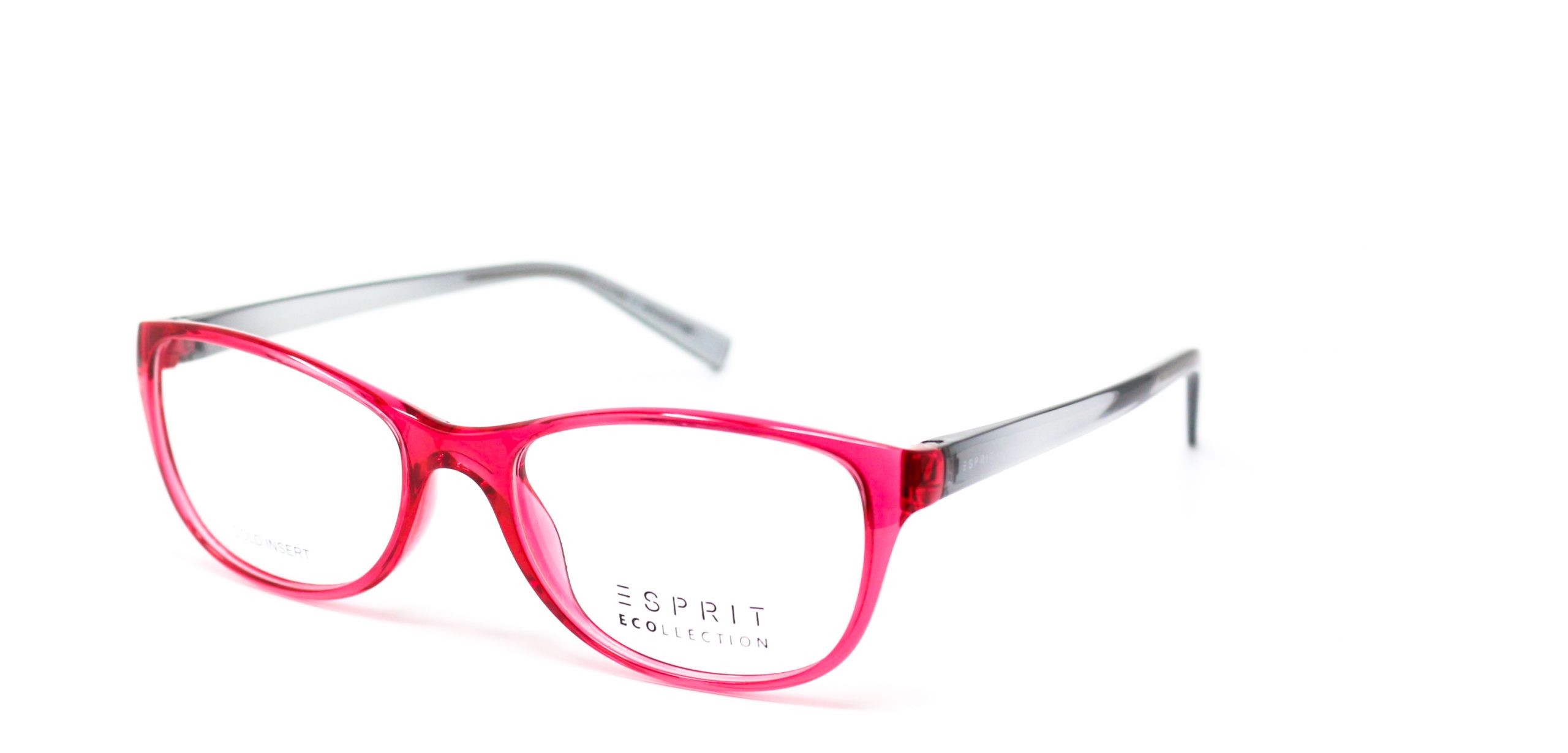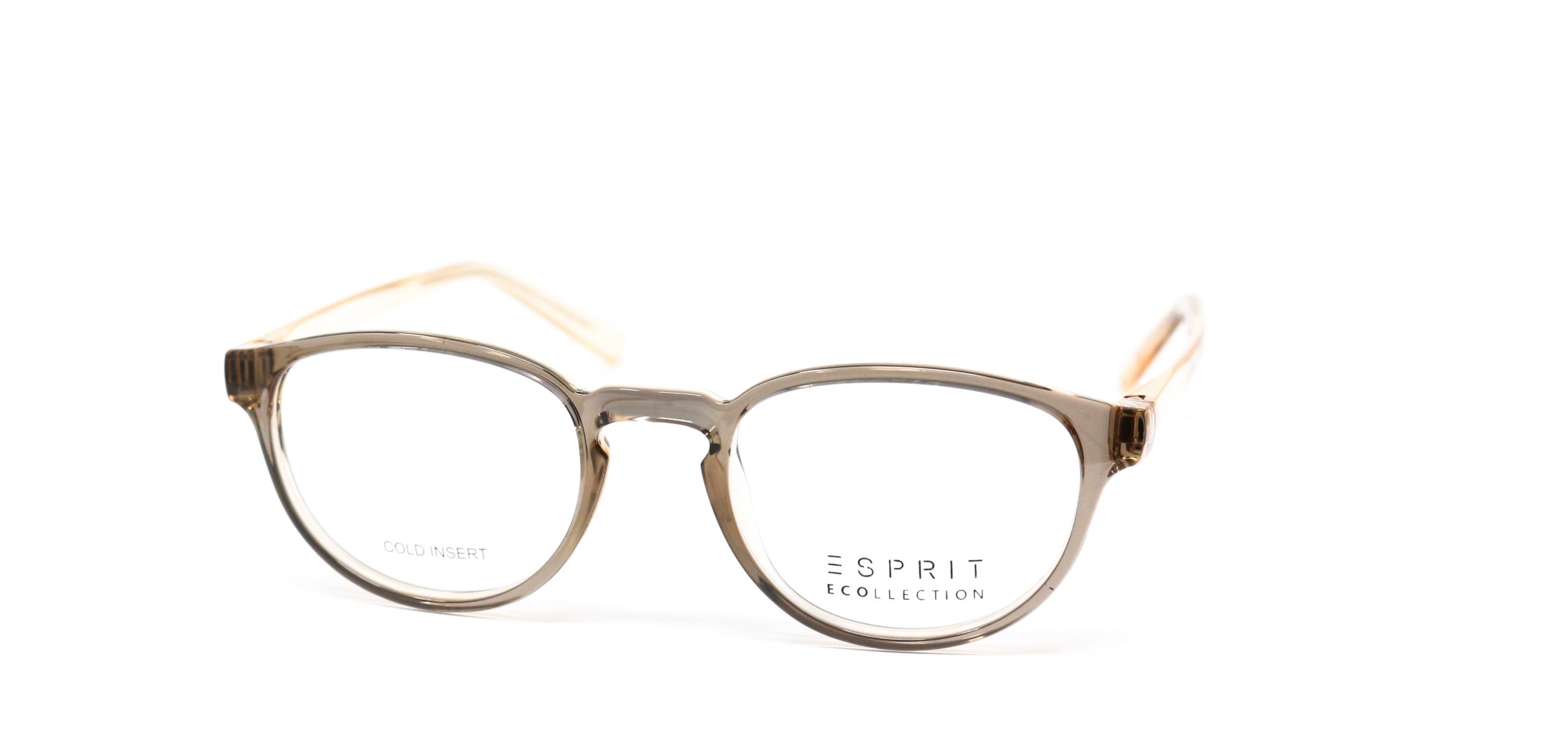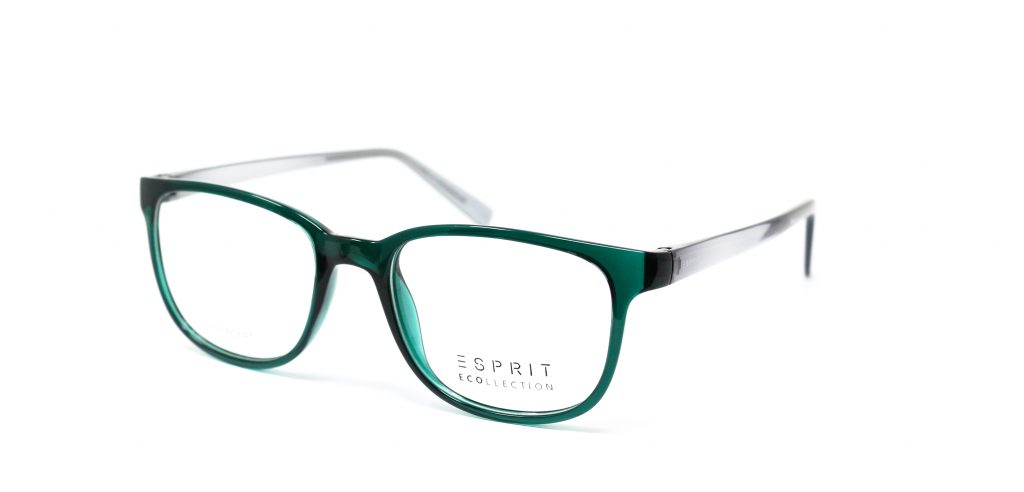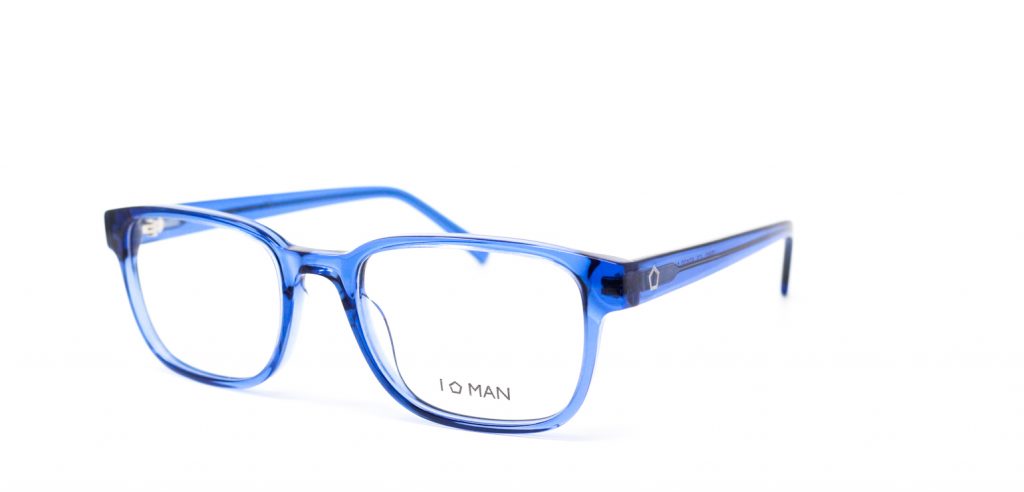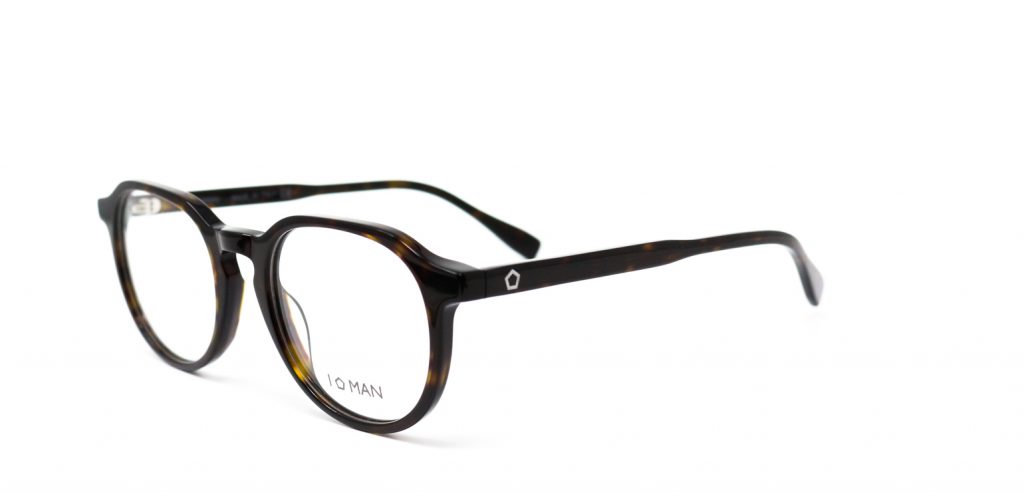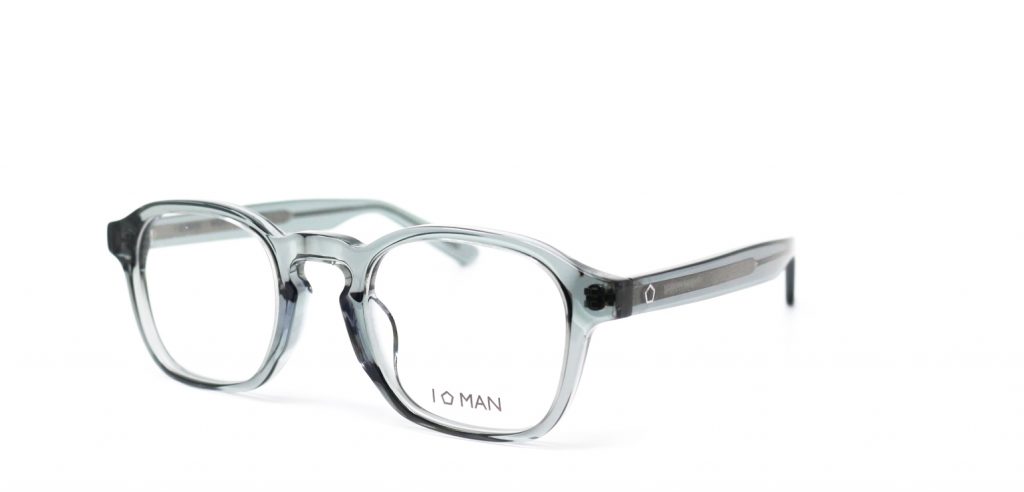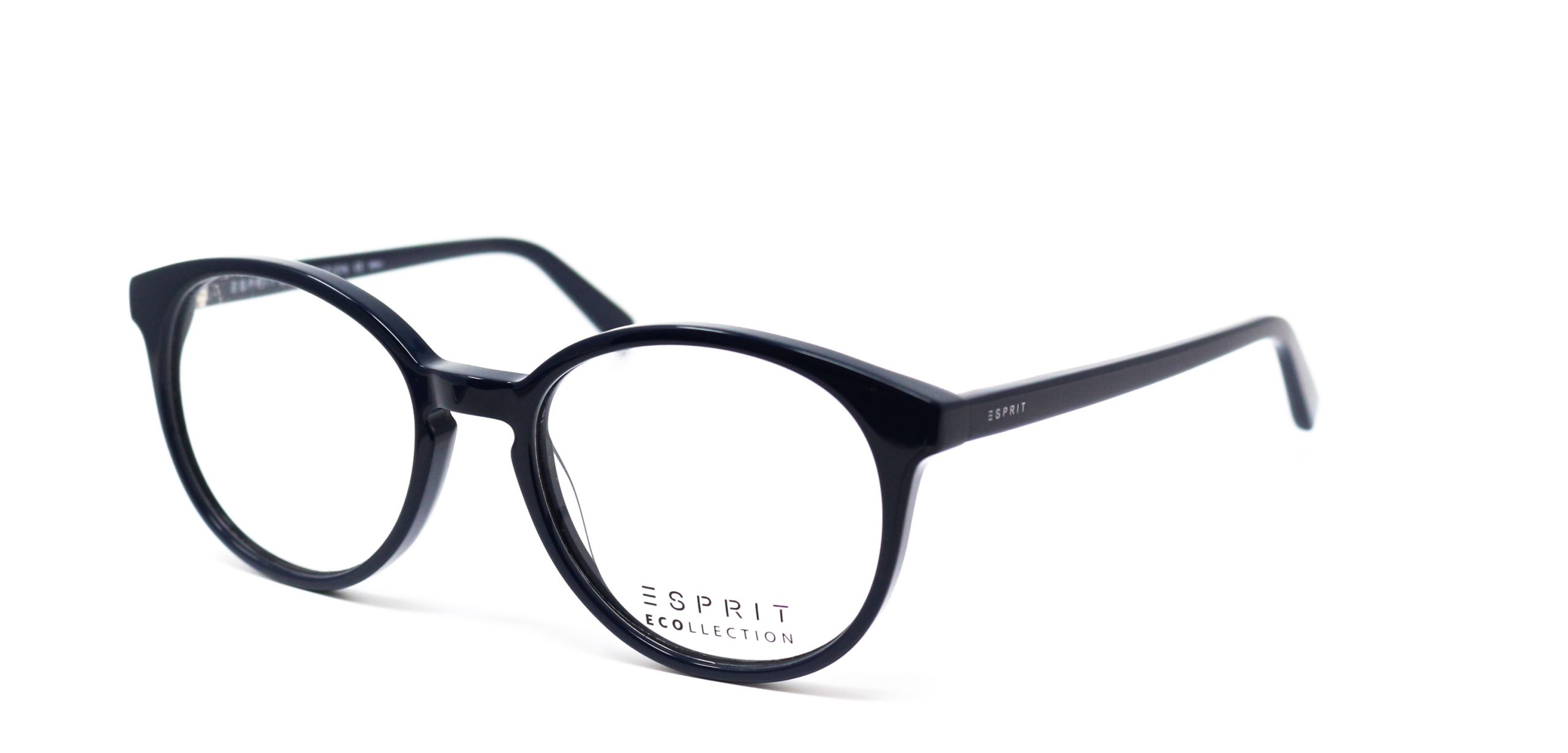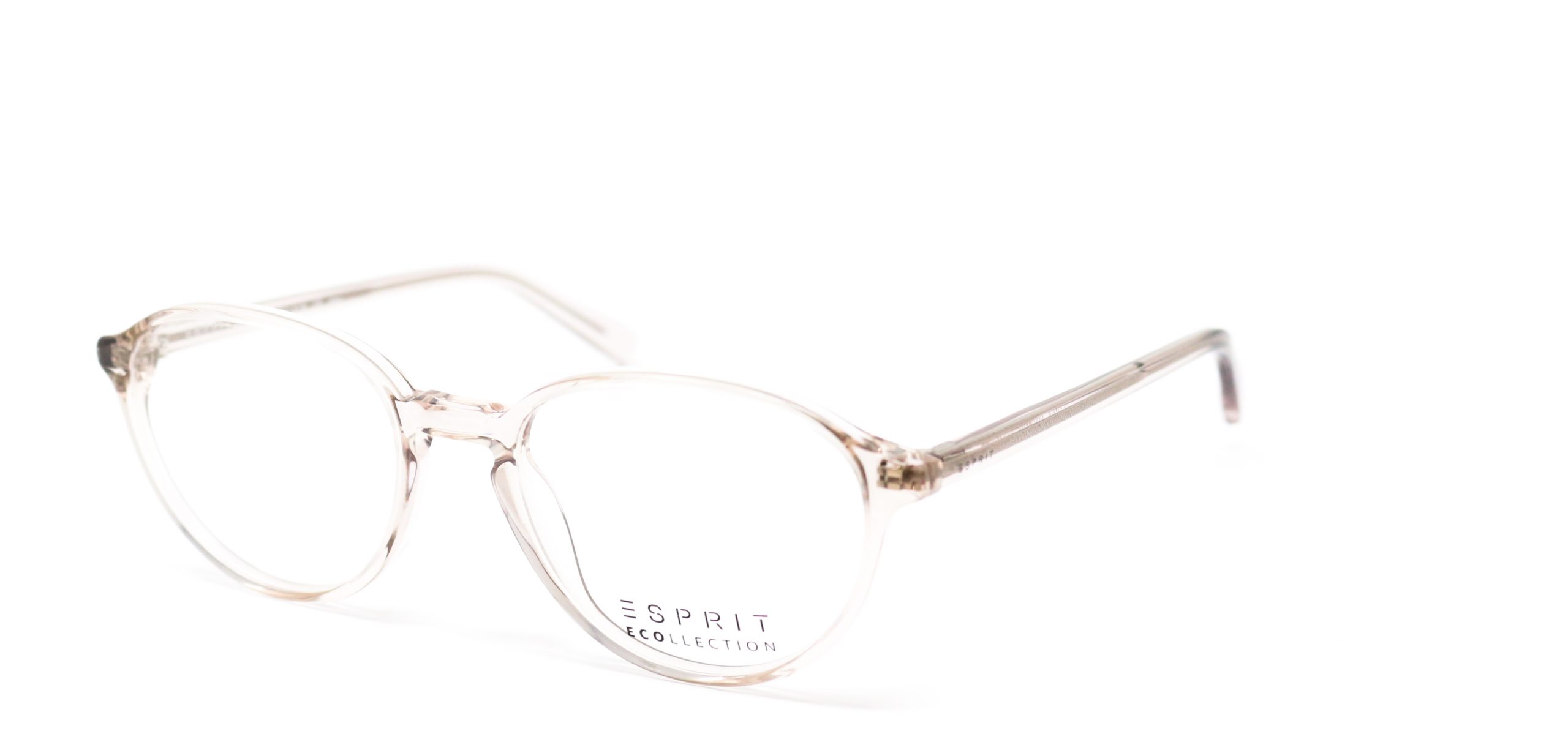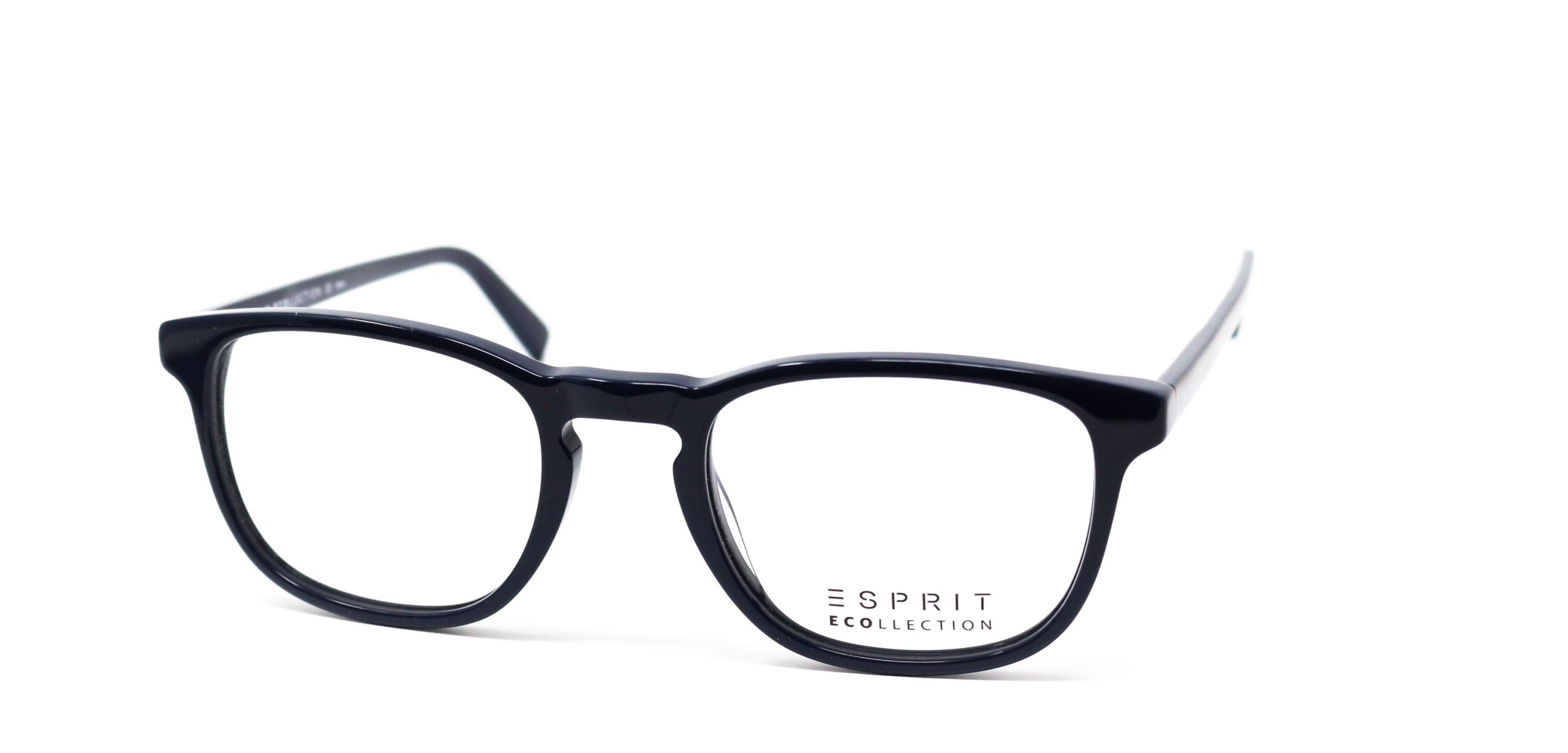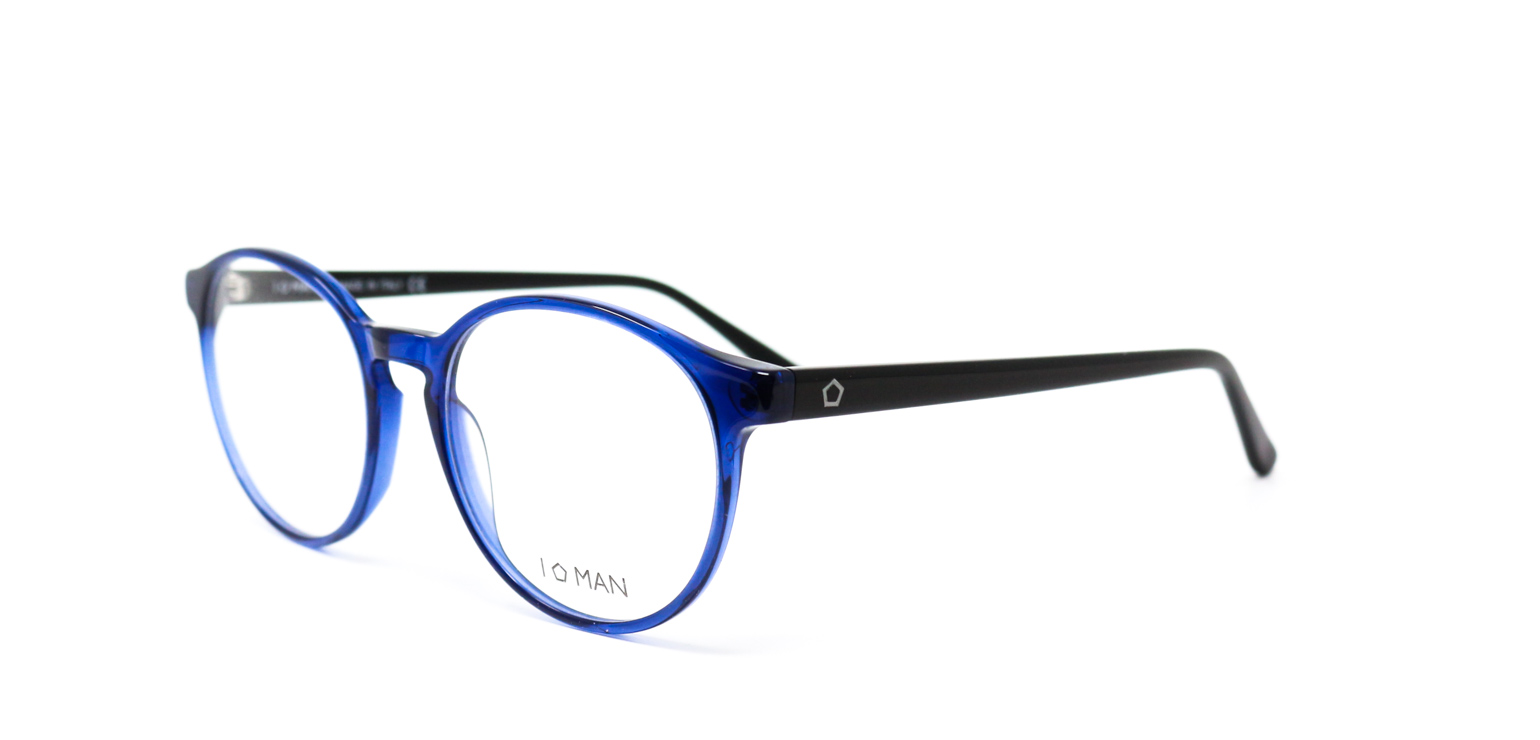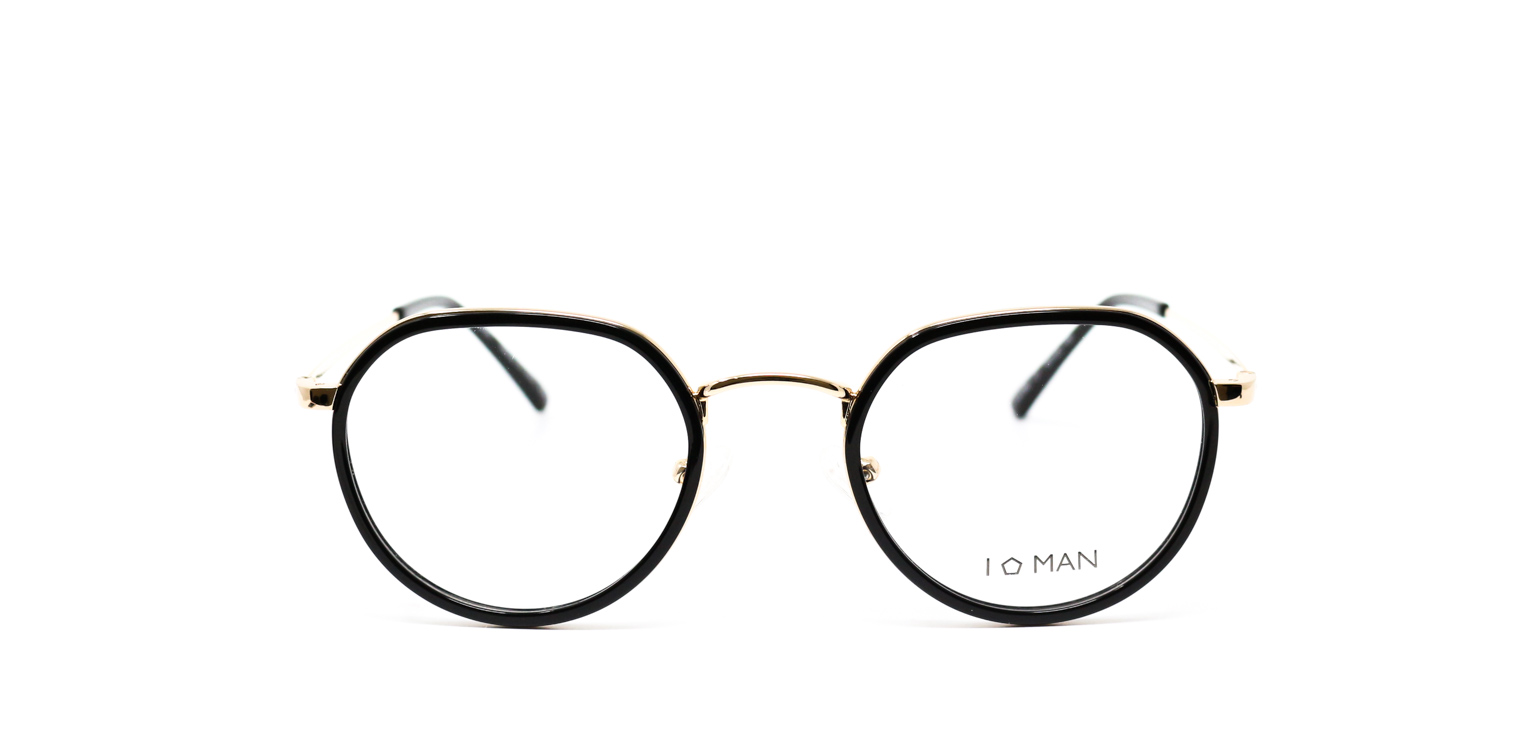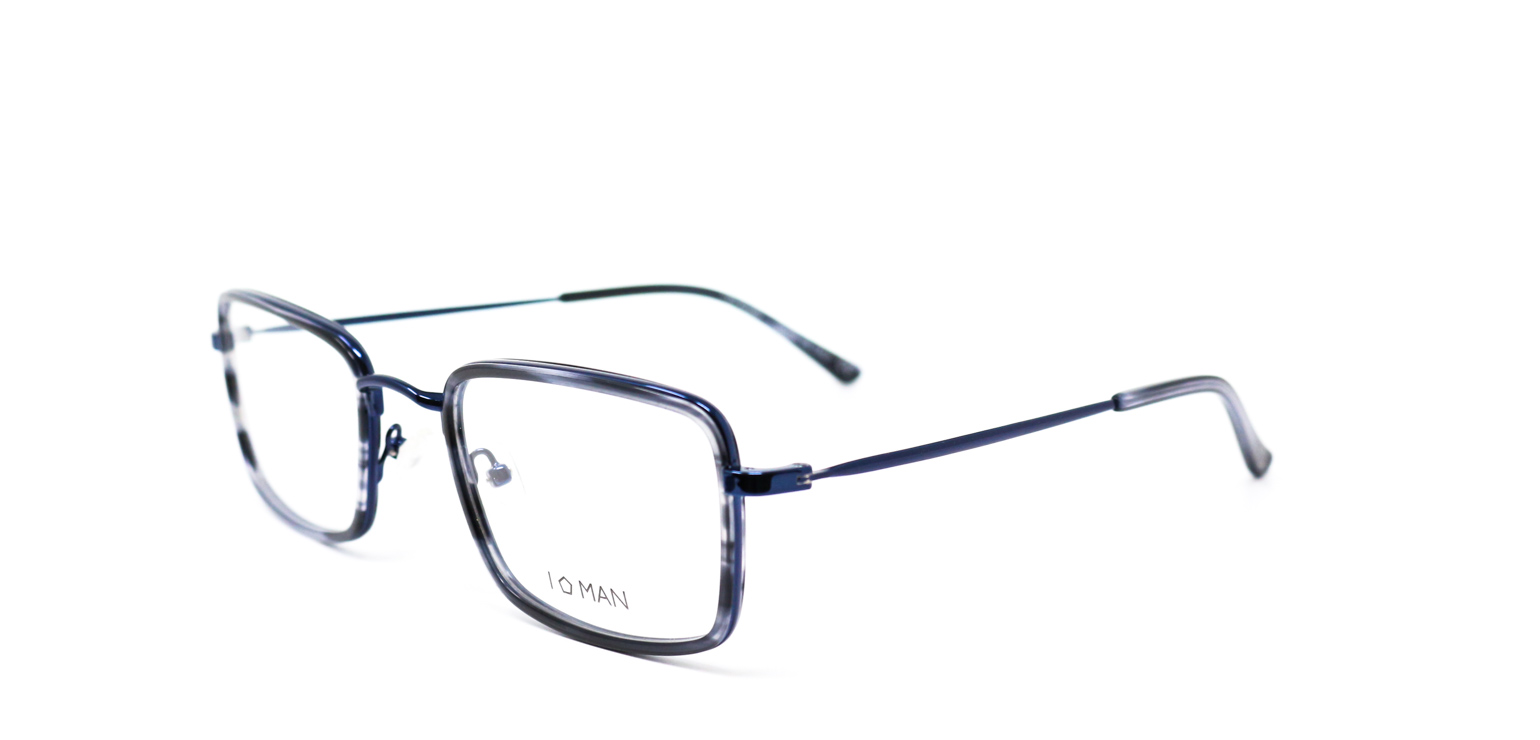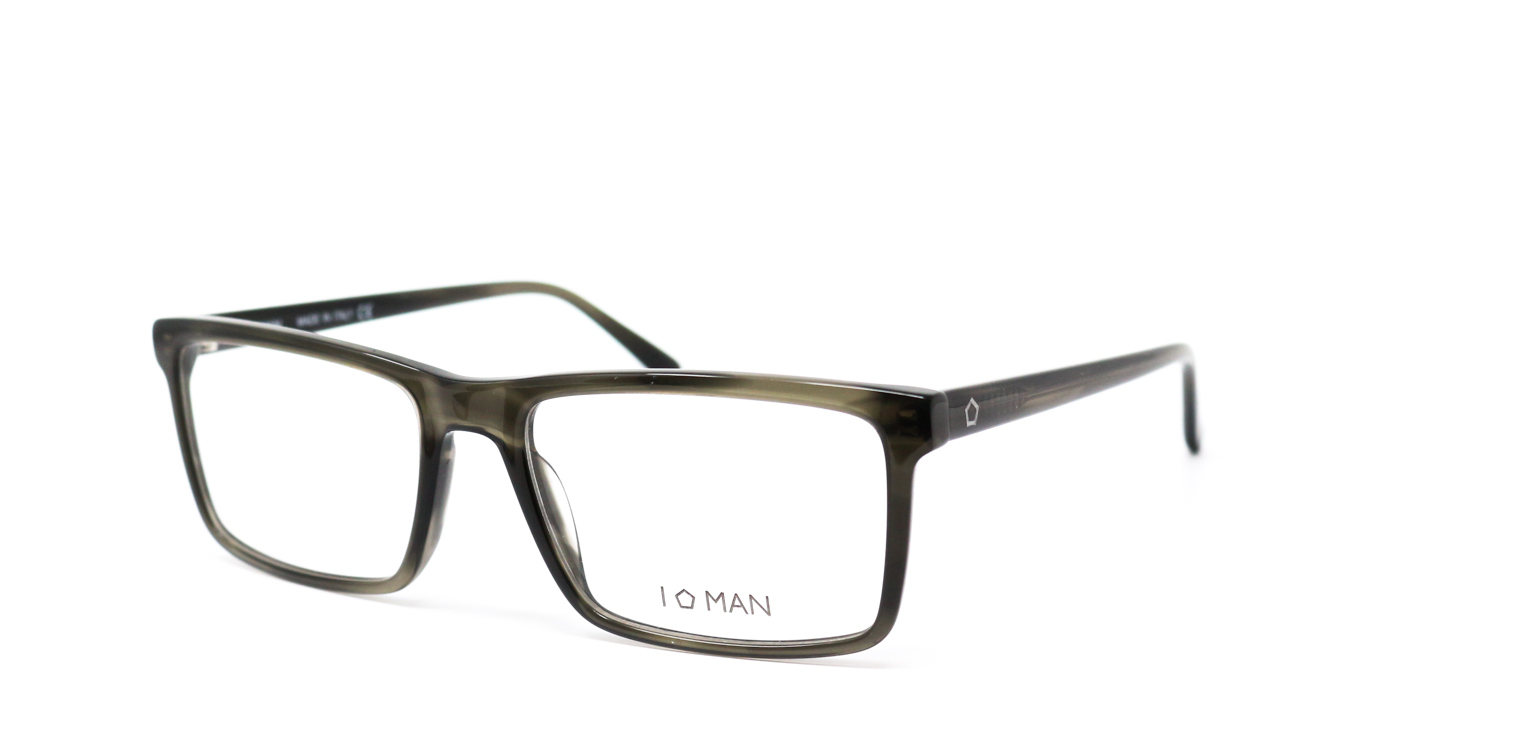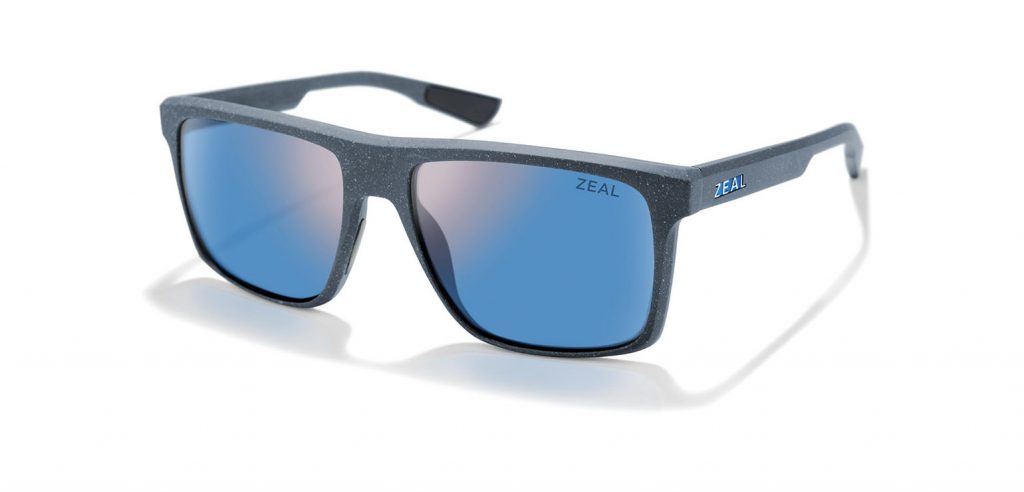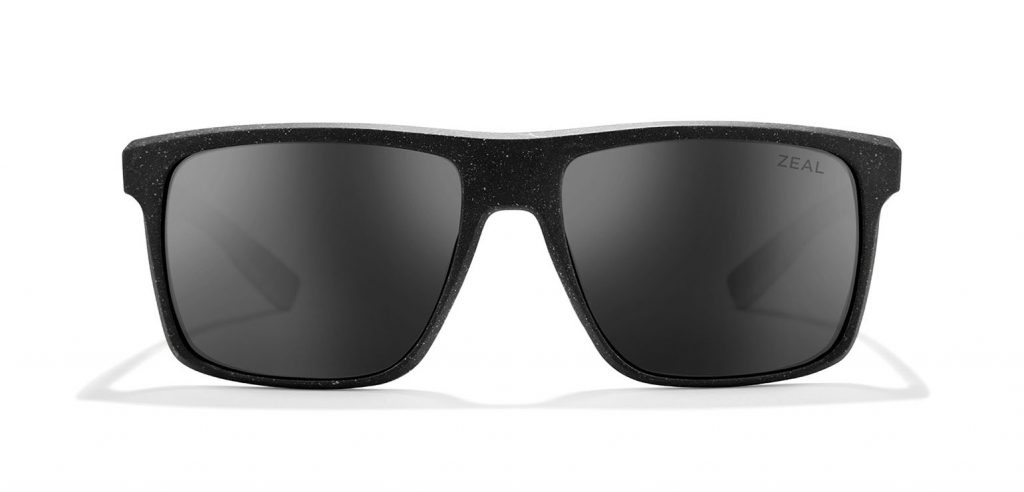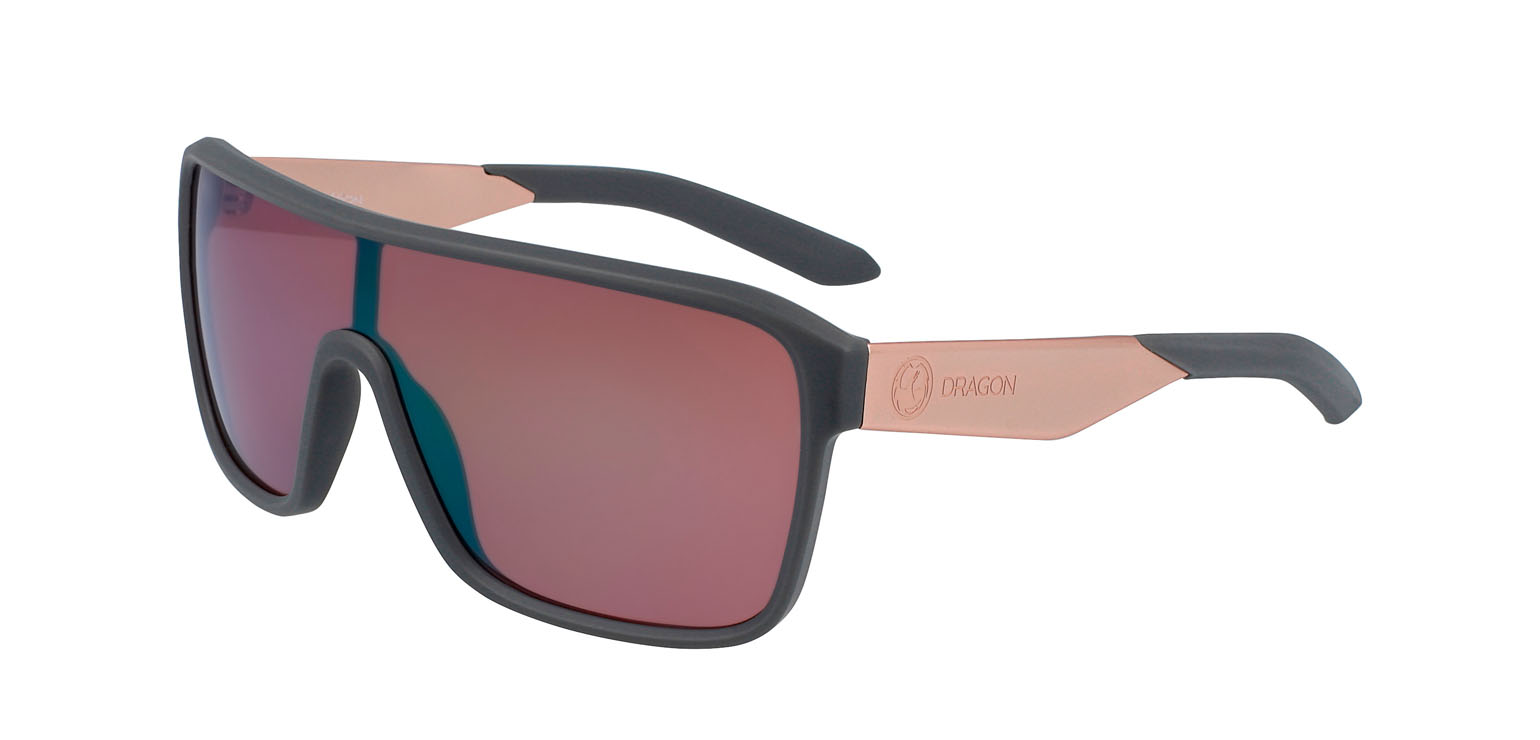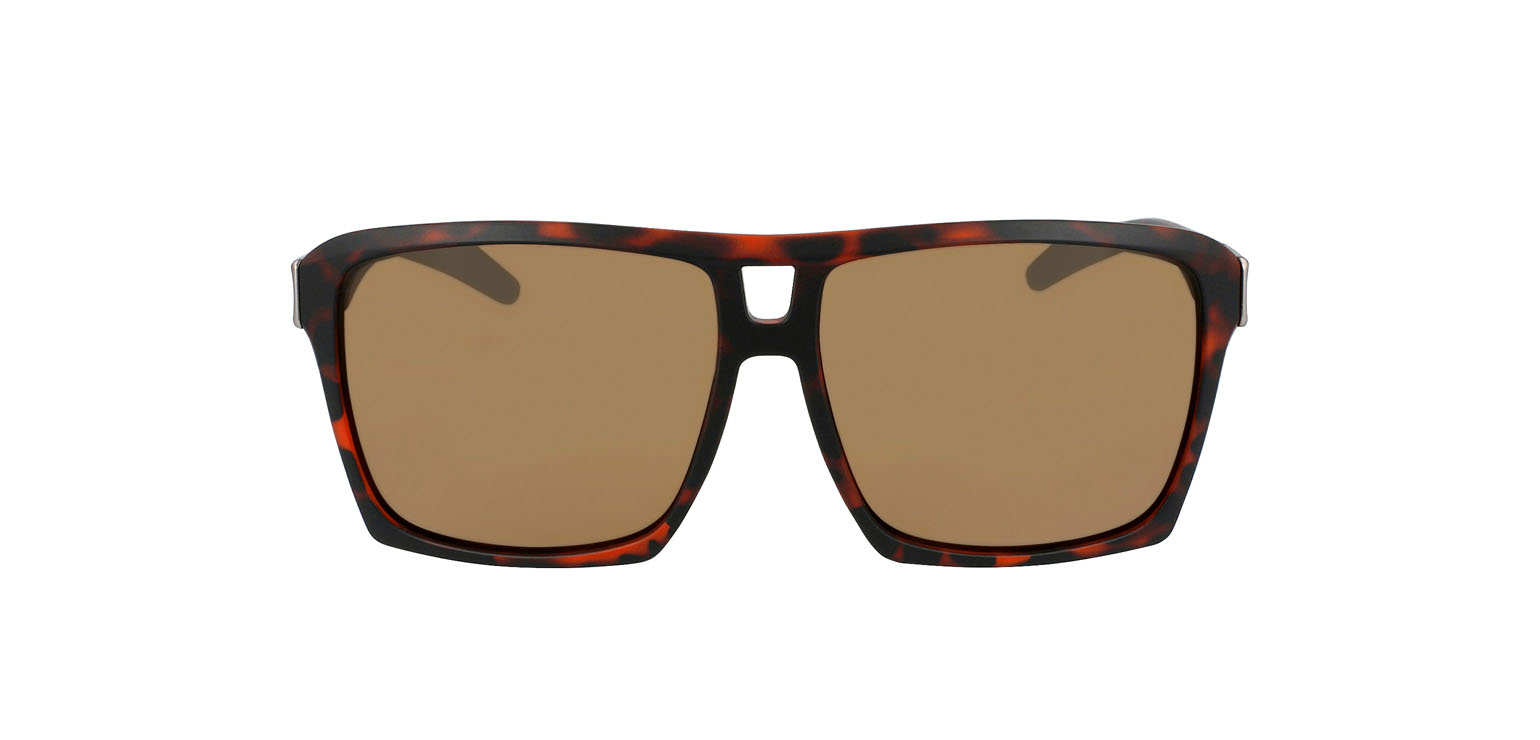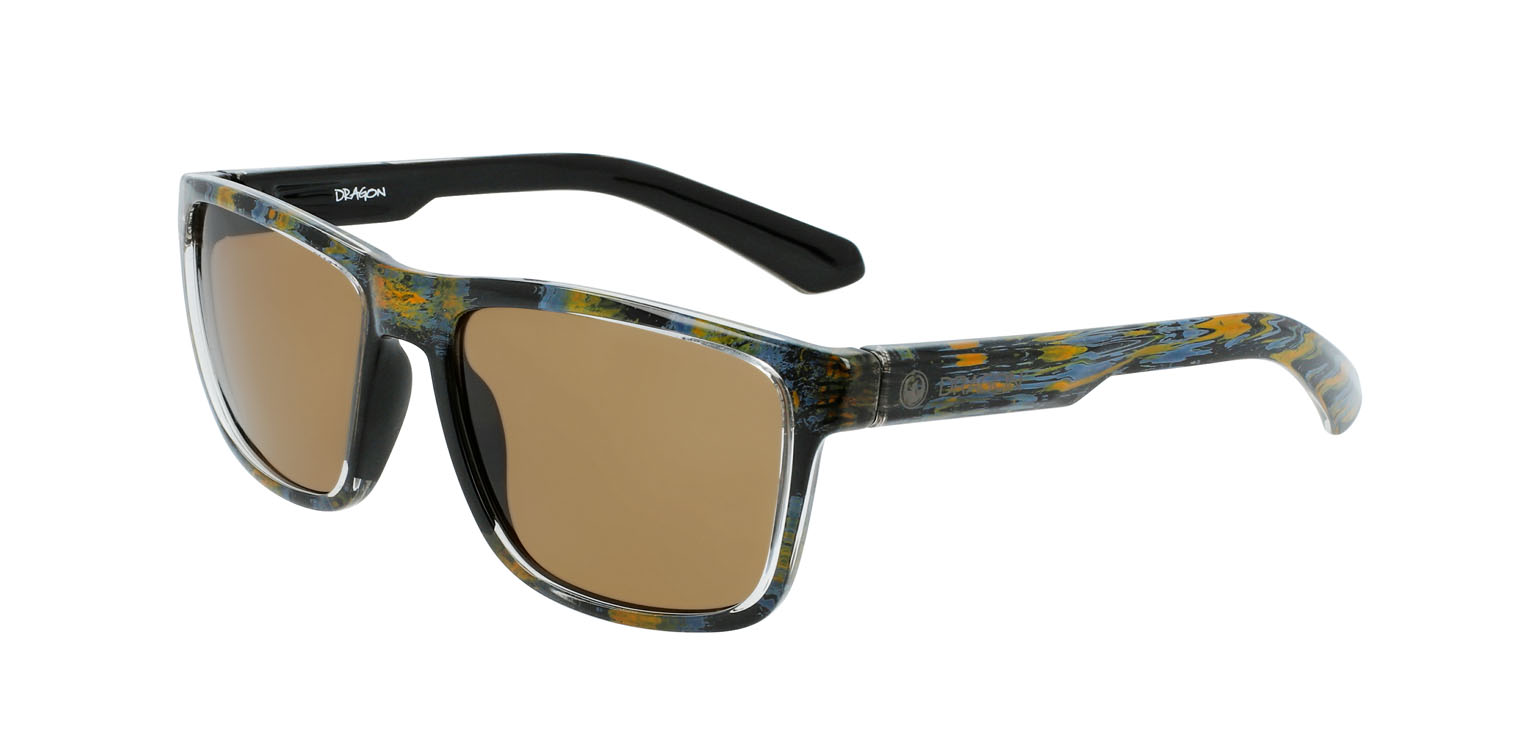3 materials used to produce eco-friendly glasses
Frame manufacturers are constantly looking for ways to improve their designs. Especially when it comes to being more environmentally friendly. Here are 3 kinds of materials that are currently being used by frame designers in their quest to produce more sustainable eyewear.
1 – Vegetal resin
Lacoste frames
Lacoste sunglasses continue to stand the test of time with their classic shape and emblematic logo. But that doesn’t mean the brand doesn’t innovate. In fact, it has now incorporated more eco-friendly manufacturing techniques into its production processes.
The brand, whose famous L.12.12 polo shirt is now produced with organic cotton, is going green for their frames as well.
Lacoste sunglasses are now made with 40% vegetal resin. This is good news for anyone looking for a cool pair of frames made with greener resources.
Vegetal resin is durable, flexible, and light. It is made from castor oil, a greener alternative to standard plastic (acetate).
Zeal frames
Whereas regular lenses are usually petroleum-based products, polarized Ellume lenses and Zeal Z-RESIN frames are produced with castor oil, a vegetable oil pressed from castor beans. As mentioned above, castor oil-based polymer can be used as an alternative to plastic.
Zeal has become beloved by outdoor enthusiasts because it’s a brand that has pledged to support environmental causes and preserve green spaces.
Esprit frames
ESPRIT’s ECOllection line is also produced with castor oil to reduce the brand’s environmental footprint. In addition to offering durable frames, the ESPRIT brand is reiterating its commitment to change by planting one tree for every pair of ECOllection frames sold.
2 - M-49 bio-acetate
I-Man frames
Renowned Italian acetate manufacturer Mazzucchelli’s M49 bio-acetate is a plasticizing solution of vegetable origin. It is a bio-plastic that holds all the aesthetical characteristics of traditional acetate but is made with 68% renewable ingredients.
ESPRIT frames
ESPRIT’s ECOllection line also includes models made with M49 bio-acetate, a plasticizer made with natural resources, cottonseed fibre, and wood. M49 acetate can also be biodegradable within 115 days.
3 – Recycled materials
I-Man frames
Hexetate is an eco-friendly material that is increasingly embraced by the eyewear industry because it is made with recyclable materials and does not contain BPAs (a chemical compound used to produce plastic).
It is a very durable material that is employed in myriad other industries. For instance, it is used to make dental implants, artificial joints, computer equipment, and much more. Its flexibility and scratch resistance make it an ideal component for frames. It’s also about 10% lighter than acetate.
Zeal frames
In addition to its models made with vegetal resin, Zeal is also known for its SEE GRASS collection with frames made from a mix of recycled plastics, grass fibres, and biogas.
Fibrous residues come from plants such as hemp, flax, rice, and straw. When combined with post-consumer recycled plastic, it reduces waste and CO2 output. This range of products has also enabled the company to work in partnership with farmers and waste management crews to find alternatives to disposable materials.
Finally, in view of expanding its eco-friendly practices, Zeal has also launched a line of metal frames made with recycled stainless steel. The frames are durable, anticorrosive, and light while providing a sophisticated, timeless look. This new collection also includes frames with hexetate temples and ceramic nose pads.
Dragon Alliance frames
Prized by water sports aficionados, Dragon is a brand that does its part to preserve oceans and reduce its eco footprint. For instance, they offer frames made with biodegradable vegetal resins (see models below) or recycled materials.
In fact, Dragon Alliance’s UPCYCLED line includes sunglasses made with 5 recycled bottles of plastic.
Choosing an eco-friendly frame
In addition to offering more products that incorporate green components, more and more eyewear designers are reassessing their production modes to understand how they can reduce their environmental impact. To find out more about this topic, we invite you to consult our article on green trends.
To discover the eco-friendly options available at your Opto-Réseau clinic, book an appointment by contacting our team.
- Ecology
- Frames
- Materials




